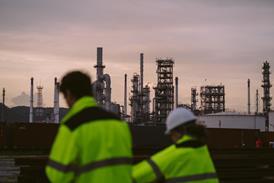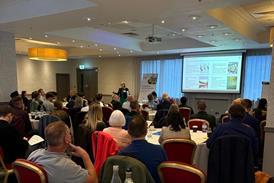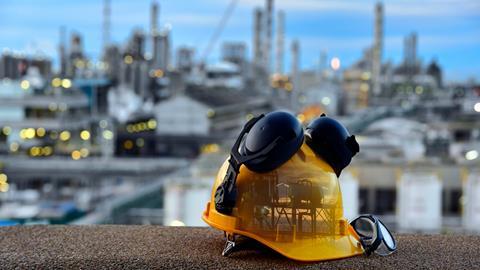Since the last election we have witnessed some of the most unexpected developments in recent history: COVID-19, Brexit and the Russian-Ukrainian and Israeli- Hamas conflicts.
COVID-19 altered global and social dynamics as the high number of deaths forced governments to take unprecedented decisions. Domestic lockdowns and closed borders hindered economic activity as global GDP contracted by 3.0% between 2020 and 2019 and the UK’s by 9.9%. UK GDP has recovered and in 2022 was 1.9% above 2019’s levels but forecasters expect slow growth for the upcoming years. The International Monetary Fund (IMF) forecasts real GDP growth of 0.5% in 2023 and 0.6% in 2024. These growth rates are considerably below the world average (3.0%) and lower than the advanced economies average (1.3%).
The reopening of local and global economies coupled with the energy crisis exacerbated by the Russian-Ukrainian conflict, resulted in the highest inflationary hikes in the G7 since the 1980s. In the UK in 2022 prices increased by 9.1% – even though in December 2023 inflation decelerated to 4.0% and is expected to meet the 2.0% target level in Q2, over two years of inflationary hikes will result in higher prices.
On top of the COVID-19-induced economic slowdown and three years of inflation over 2.0%, Brexit has posed to the UK the additional challenge of defining itself outside of the EU. In January 2020 the UK officially left the £13 trillion market represented by the EU and in July 2023 it entered another partnership with the Comprehensive and Progressive Agreement for Trans-Pacific Partnership (CPTPP) opening itself up to non-EU trade. Nevertheless, the EU remains the UK’s biggest trading partner and the slow process of Brexit – with numerous regulations and legislations that are still to be decided seven years after the vote – has hindered UK competitiveness by creating uncertainty over British international partners, opportunities, intentions and investment strategies.
These three main developments have impacted investment in the UK as we have fallen from 12th to 20th in seven years by Foreign Direct Investment Flow (FDI Flow). With Brexit and energy prices impacting our international competitiveness and forecasts for GDP growth and inflation indicating a slow recovery, our country needs high investment into our people and businesses. Whilst the government has put in place policies to attract investment, they are uncompetitive by international standards and uncertainty over the futureof policies due to political instability are unattractive for investors.
Europe as a whole is becoming increasingly uncompetitive opposite advantaged regions who have either their own natural fuel supply or are using imported Russian fuel. There is now an opportunity to grow a domestic manufacturing base to help the country weather storms in the future.







